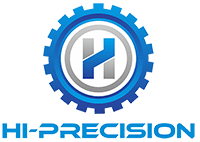On-Demand Machining is a service that provides rapid prototyping and production parts through a network of professional, experienced and thoroughly vetted local and global CNC machine shops. It is a CNC machining service that allows engineers, product developers, and designers to manufacture custom parts quickly and efficiently. With automation and high repeatability, on-demand processing is ideal for one-off jobs and low- to medium-volume production.
Advantages of on-demand CNC machining
- Improve production efficiency: On-demand CNC machining can be processed quickly and accurately according to the needs of users, thereby improving production efficiency.
- Reduce waste: On-demand CNC machining can reduce the waste of raw materials, reduce production costs, and also reduce environmental pollution.
- Improve product quality: On-demand CNC machining can achieve precise and efficient processing, avoiding product quality problems caused by lack of experience in traditional processing methods.
- Meet individual needs: On-demand CNC machining can be customized according to the needs of users to meet the special needs of users in terms of product quality, appearance, and functions.
- Improve production flexibility: On-demand CNC machining can be flexibly adjusted according to user needs, and production plans can be adjusted at any time to adapt to different production environments and production conditions.
The Disadvantages of On-Demand CNC Machining:
- Need multiple sets of molds, high cost.
- It is necessary to choose a suitable tool, which requires high tool life.
- Many processing steps and low efficiency.
- Cannot complete the processing of multiple parts at one time.
- The production efficiency of CNC machining centers is much lower than that of ordinary CNC machine tools.
In the field of CNC machined parts, on-demand processing is the general trend.
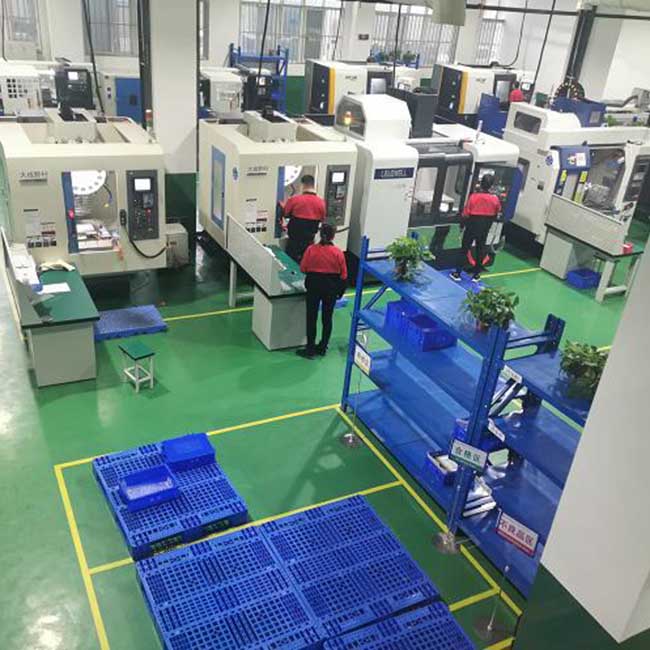
We are custom parts manufacturer in China. Our company focuses on providing on-demand manufacturing CNC machining services to global buyers. The services we provide cover a variety of manufacturing processes such as turning, milling, planing, drilling, cutting and grinding. Our material suppliers provide you with hundreds of metal and plastic, carbon fiber composite materials that can be used for CNC machining. And dozens of optional surface treatment processes. Now if you need to manufacture non-standard parts on demand, please feel free to contact us. If it’s our first time trading, you can get free samples.
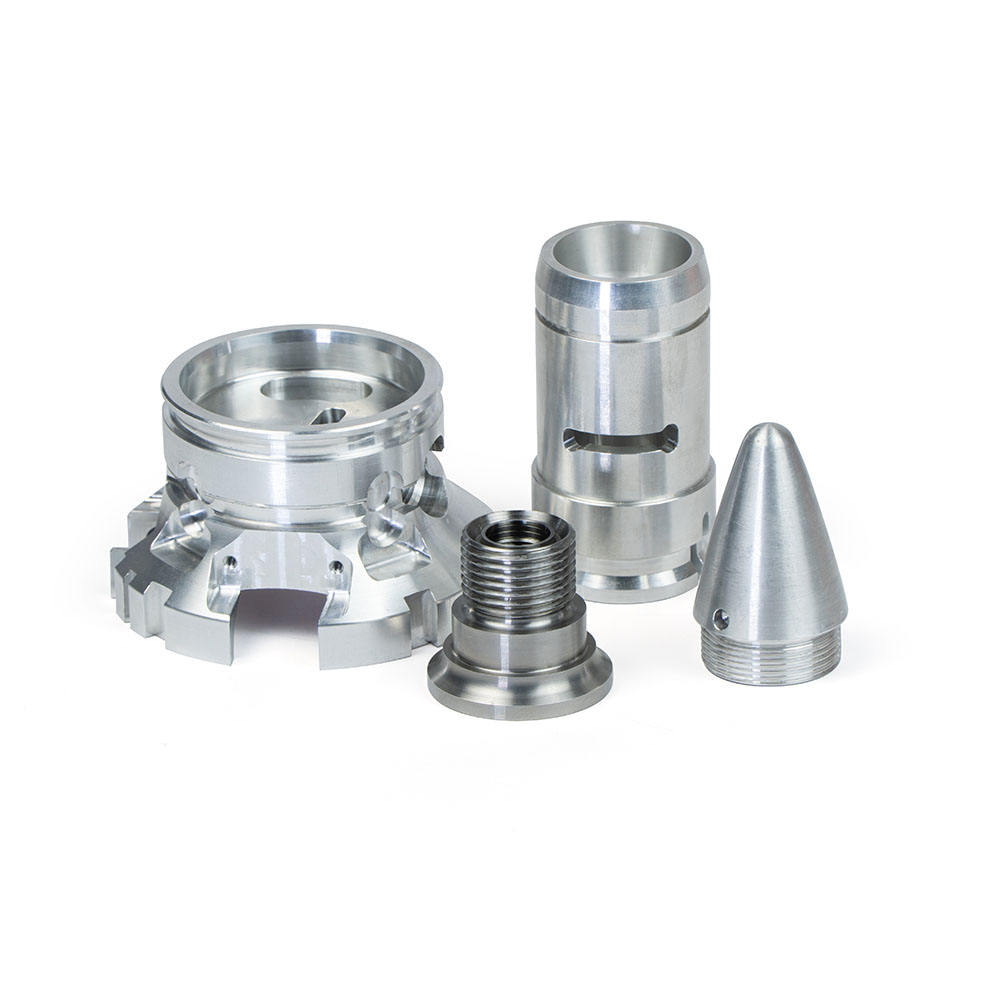
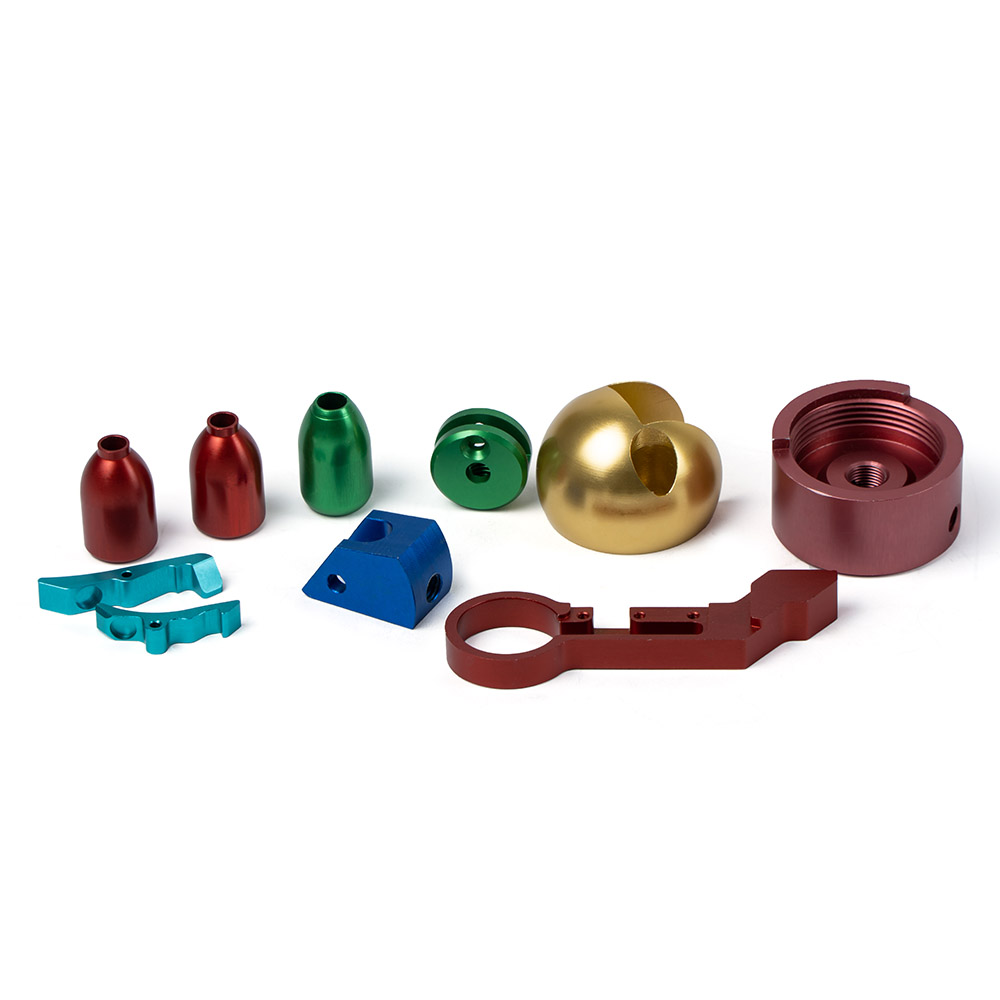
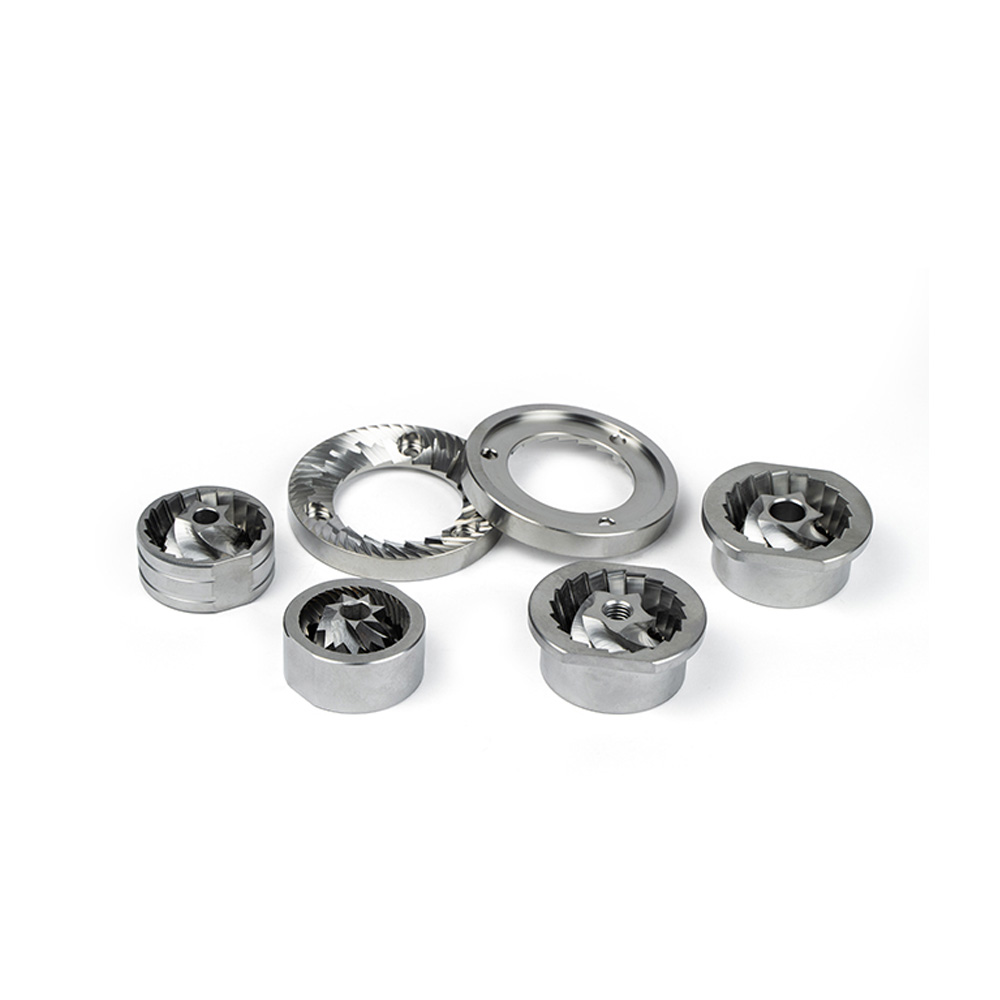
How to calculate the cost of on-demand CNC machining?
- Machine type: The cost of CNC machining depends on the type of machine used. The type of machine used in on-demand CNC machining is usually determined based on order requirements. Worldwide, the manufacturing cost of 5-axis CNC machines is definitely higher than that of four-axis, three-axis and two-axis machines. Because, if you are a master in the CNC machining industry and know which machine to use to reduce production costs and improve efficiency, then as a manufacturer we will generally accept your suggestions and choose your specified CNC machine tool for production according to your needs. Although you can specify the machine type, if your suggestion is not professional enough, it may reversely increase the cost of CNC machining.
- Material selection: Different materials have different costs. Depending on the material chosen, you will experience varying degrees of workability and cost. On-demand CNC machining means you can specify a specific model of material to be CNC machined. But this also means high material costs. Once the material you specify exceeds our CNC material list, it means that we need to spend extra time, money and manpower to find the material you want, and in the process we will incur material testing fees, freight, etc. It will be added to the final CNC machining quotation.
- Design complexity: Design complexity affects the cost of CNC machining. The more complex the design, the more time and effort required to machine the part, increasing costs. On-demand CNC machining means that if you don’t have CAD drawings, before the machine starts operating, we need to make CAD drawings on the computer based on the samples you provide.
- Machining Time: Machining time is a key factor in CNC cost calculations. The longer it takes to machine a part, the higher the cost. Machining time includes cycle time (the time it takes to cut a part), setup time (preparation and tool changes) and overall productivity. On-demand CNC machining means we need to deliver your product within the time you require.
- Machine Tools: The efficiency, flexibility, precision and durability of CNC machine tools play a vital role in machining costs. Although on-demand CNC machining is an outsourcing service, the maintenance costs of CNC machine tools are still spread evenly across each CNC machining order.
- Volume and batch size: The cost of a CNC machining project is also affected by volume and batch size. The higher the volume and lot size, the lower the cost per part. On-demand CNC machining means that we can ignore the volume and batch size of the parts and produce one, multiple, or even thousands of pieces according to your requirements.
- .Labor cost: The labor cost in the CNC manufacturing process is mainly divided into three parts: programming, setup and processing. Since the CNC machining process involves a lot of automation, you don’t have to pay for a large staff. However, on-demand CNC machining is often more flexible than contract CNC machining, and requires more personnel to participate in the entire service process than contract CNC machining.
The above are the main factors affecting the cost of on-demand CNC machining. If you want to save costs and reduce the final CNC processing cost, it is recommended that you refer to these items to avoid unnecessary expenses.
With reference to the advantages and disadvantages of on-demand CNC machining listed above, you can consider whether to choose on-demand CNC machining or contract CNC machining. And how to reduce the cost of on-demand CNC machining.
